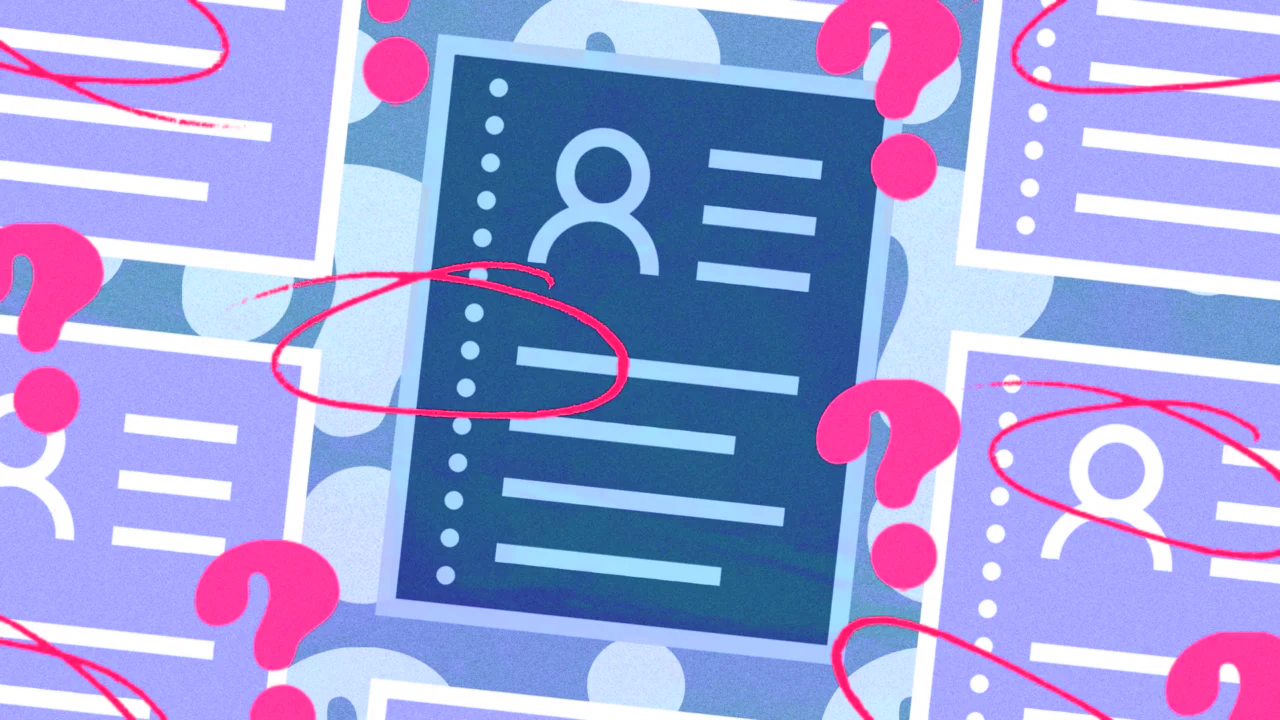All work leaves no room for self. So how do we separate our careers from our lives?
If you took away your Slack status, your email signature, or your LinkedIn profile, how would you define yourself? In other words, do you know who you are without your career?
Whenever I meet someone new, the details of my job tend to crop up in the first few minutes. And likewise, if I’m stumped for things to ask a new acquaintance, ‘what do you do for work?’ is always a firm first contender.
It’s always bothered me that we find it so difficult to separate ourselves from our work. Why do we conflate careers (ones that so many of us spend hours moaning about) with our sense of who we are as human beings?
I understand that work is a place we’ll end up spending most of our lives in – a depressing but unavoidably true fact of life. But don’t we feed the capitalist machine enough that we can’t find anything more interesting to say about ourselves?
Work-as-identity isn’t a new phenomenon, but it upholds the perception that our worth is defined by our labour. And that’s a dangerous thing, especially when so many of us feel unfulfilled at work, or are struggling to find any at all.
The other issue is that work is ultimately a means of earning money (sorry, but we’re not turning up to an office five days a week to sing Kumbaya and braid each other’s hair). In that vein, when we conflate our jobs with our identities, we’re also placing a monetary value on who we are.
As I’ve grown into my late twenties, the subject of money has become more and more taboo amongst my friendship group. This is largely down to the fact that we’re all on very different salaries, and nobody wants to sit through an awkward conversation about who has what and who doesn’t. In the valley of friendship, it’s nice to pretend we’re all equal.
But the reality is that we aren’t. At least not in a culture that considers our take-home pay a key feature of our humanity. I’m all for talking about work less, but ironically, the road to that reality may need to start with a little more openness about our funds.
Stripping away the taboo around finances is key to leveling the playing field. Just as salary transparency in the workplace helps those on lower incomes leverage a pay rise, talking about it with friends can shift the shame felt by anyone with a smaller paycheck than their friends – and it also helps us to separate the money in our account from the people we are beyond it.




















